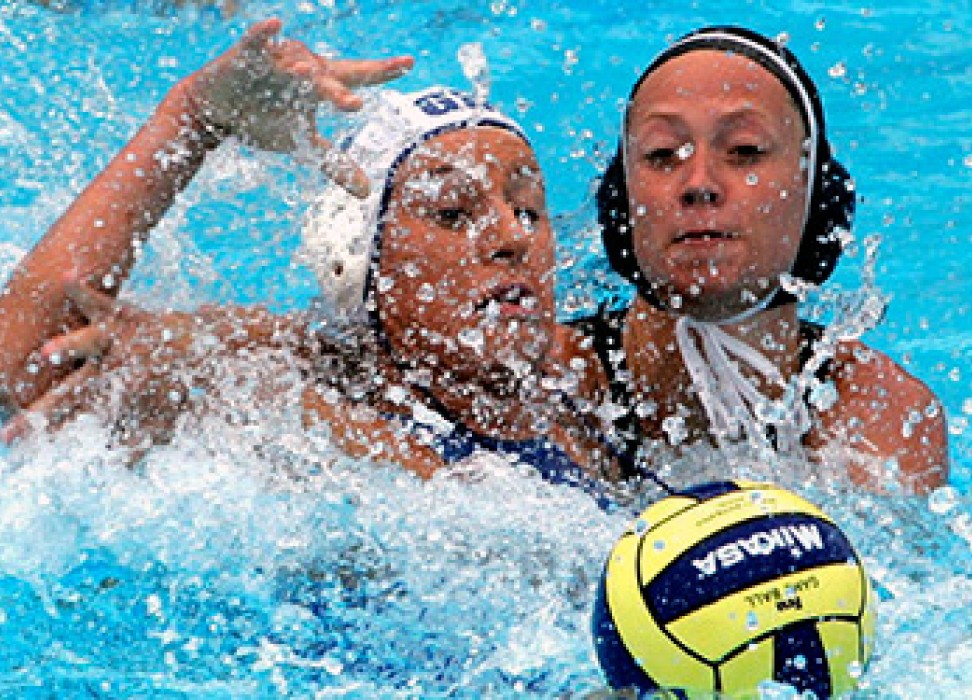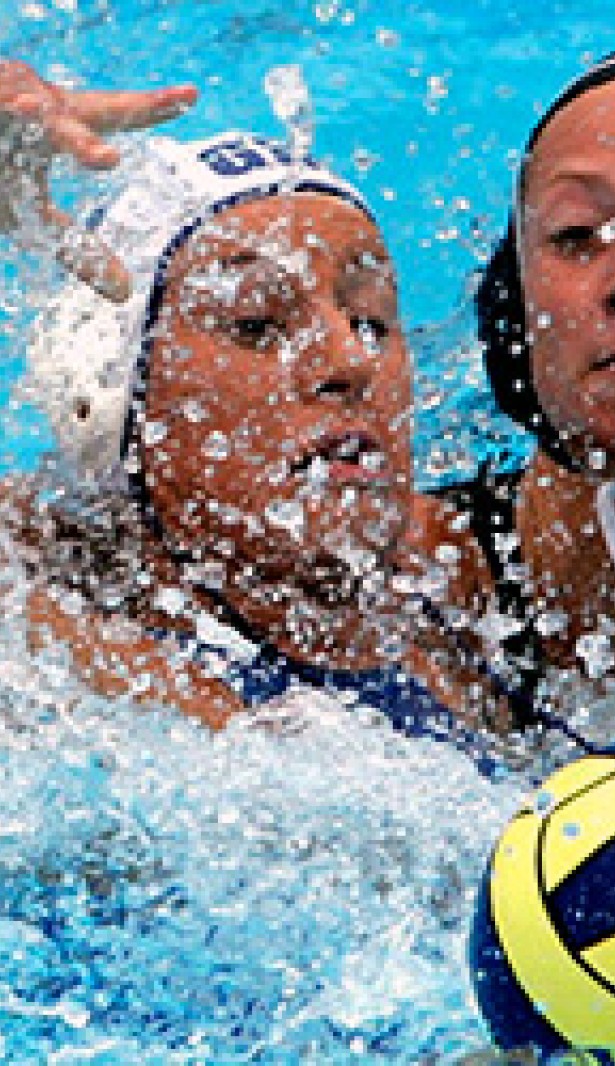Panel: Sports natural conduit to promote human rights
01 July 2016

An accident took away Miki Matheson’s use of her legs. But it was participation in sport afterward that gave her back her life.
Matheson is project manager at the Nippon Foundation Paralympic Support Centre and a three-time Paralympic gold medallist in ice sledge speed racing. Sport, she explained, helped her maintain her identity as an athlete after the accident, as well as continued to be excited by and participate in her life. Sport is one of the best ambassadors of sorts to promote human rights and inclusion for all.
“Sport can be a low-cost and high impact tool in the humanitarian and development fields,” Matheson told the audience. “Sport has the unique ability to attract and inspire people. Opening previously closed minds and hearts it has the power to bring smiles to the faces and unite people.”
Matheson was one of six participants in a discussion on using sports and the Olympic idea to promote human rights for all, including those with disability. The panel took place as part of the 32nd session of the Human Rights Council. It featured speakers from across the spectrum of sport – athletes, sporting event planners and those involved in maintaining human rights – and asked for their views on how sports and sporting events can help promote human rights.
UN High Commissioner for Human Rights Zeid Ra’ad Al Hussein said that sporting events should celebrate the joy of human potential and not feed narrow views of “us” versus “them.”
“I urge authorities at every level to do much more to integrate human rights and to promote equality and non-discrimination in sports, particularly through educational programmes, so that children and adults learn to value and respect human diversity,” he said.
Tania Braga, Head of Sustainability, Access and Legacy at the Rio 2016 Organizing Committee, said a mega sporting event like the Olympics gives an opportunity to “raise the bar on human rights” by working with the diverse sectors necessary to provide infrastructure. For example, Brazil has ensured compliance with local and national laws that support, protect and respect labour rights and has a programme that has started to help staff find jobs post-Games.
Panellist Andrey Strokin, Secretary General of the Russian Paralympic Committee said sport changed attitudes surrounding inclusion and rights in his country. The five-time Paralympic champion in swimming said that in 1970s a member of the Government claimed that the country had no disabled athletes. Now, athletes – of all ability-- are identified, trained and supported by the government and the public from a young age.
John Morrison, Chief Executive of the Institute for Human Rights and Business said the UN should use sport as a way to help promote human rights.
“I think there is a huge opportunity in the world of sport to promote human rights around the world, both on the track and off the track,” he said.
The panel discussion was the result a resolution on promoting human rights through sport and the Olympic ideal, which was submitted by a core group of countries lead by Greece in March.
Stavroula Kozompoli, International Olympic Committee Commission member and an Olympic silver medallist in water polo for Greece, said that through sport, people learn values that cross gender, nationalities, age or even physical condition. They are a true leveller.
“I have been an athlete since I was five-years-old, and I have played on the Greek Olympic water polo team for 15 years,” said Stavroula Kozompoli, an Olympic silver medallist. “I strongly believe that Olympic values and the sport (in general) can impact human rights and have a great positive influence.”
1 July 2016

